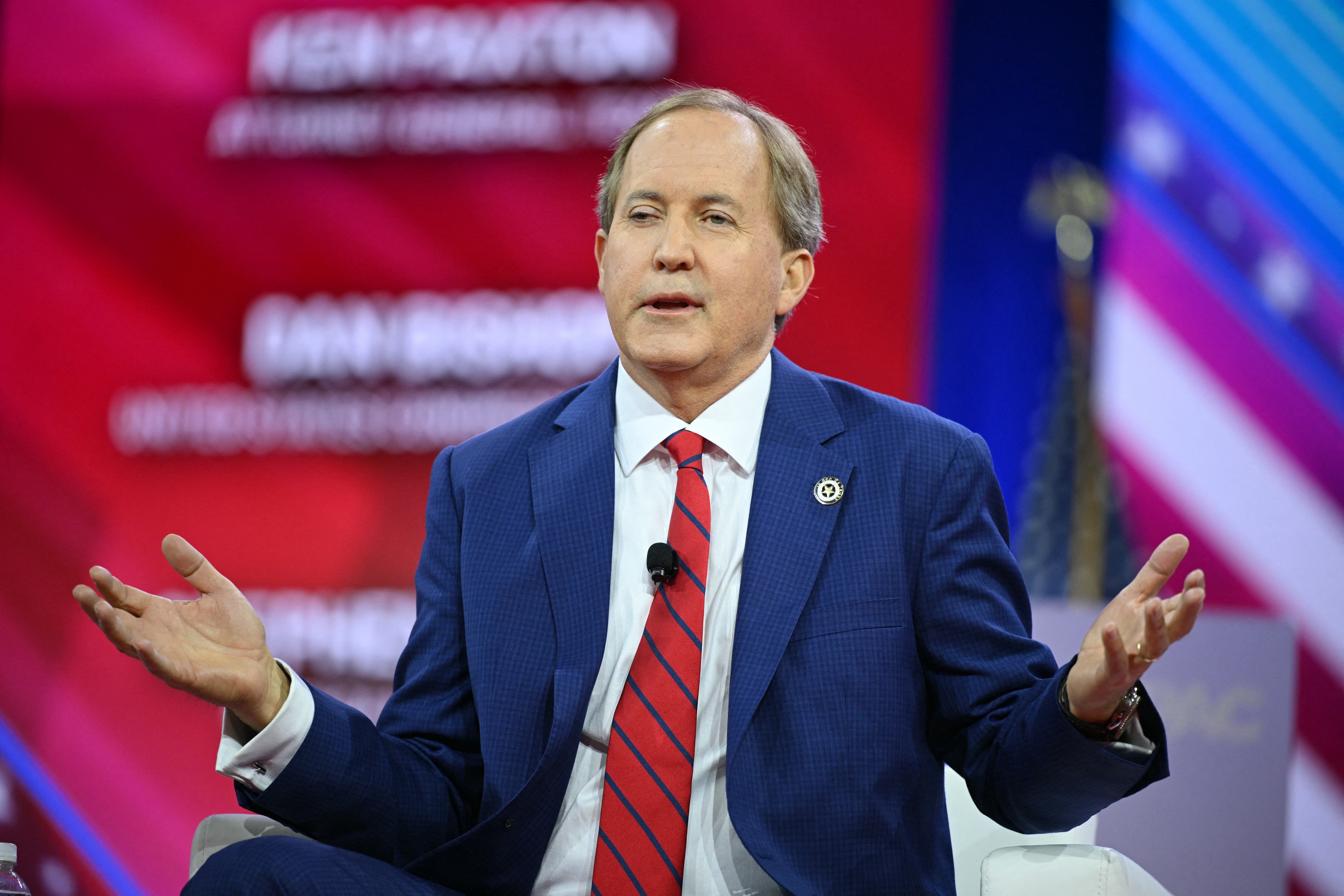Gop Drama: Cotton Seeks Intelligence Chair, Thwarting Cornyn

Senate Republicans have discussed elevating Sen. John Cornyn to chair of the Senate Intelligence Committee, according to party officials, a move that would hand Cornyn a prized gavel as consolation for losing his GOP leader bid and could help induce him to run for reelection in two years.
The complication, and almost certain deal-breaker: Cornyn would have to leapfrog the Republican next in line to chair the Intelligence Committee, Sen. Tom Cotton (R-Ark.), and Cotton has privately made clear to Cornyn he would claim the position.
Likely ensuring Cotton’s ascension to the chair is the raw politics of last month’s Senate Republican leadership race between Cornyn and Sen. John Thune (R-S.D.). A select rather than standing committee, the intelligence panel’s chair is chosen by the majority leader. And Cotton supported Thune on the private ballot, according to a third Senate Republican, and now Thune is poised to reward him rather than the man he defeated.
A spokesperson for Thune declined to comment.
Asked if he expects to claim the gavel, Cotton on Tuesday said, “No comment.”
On Tuesday night, Cotton spokeswoman Caroline Tabler said: “Senator Thune has told Senator Cotton he’s taking over as chair. He is hiring staff, working with Senator [Marco] Rubio (R-Fla.) on the transition, and planning with Senator [Mark] Warner (D-Va.) for January confirmation hearings.”
A Cornyn representative declined to comment.
But I’m told the Arkansan has already started hiring staff and refused to be coaxed into letting Cornyn take the chair, which will be open because of Rubio’s appointment as Secretary of State. Cornyn approached Cotton to take his temperature about the post last month after the leader race, I’m told by a Republican senator, and Cotton responded by saying: “I’m going to be the chairman.”

Cornyn said after his defeat in the leader race that he planned to seek a fifth term in 2026. Yet some of the Texan’s colleagues are more skeptical, in part because Cornyn could face a formidable primary challenge from state Attorney General Ken Paxton.
Offering Cornyn, a 72-year-old former judge well-liked by his colleagues, control of the panel that oversees the country’s intelligence programs was seen as a win-win, according to two GOP officials who described the considerations. He’d claim a weighty position at a moment of conflict abroad and tensions at home over the country’s intelligence and law enforcement services. And Cotton would not be without a significant post, after his victory last month for conference chair, the third-ranking slot in the Senate GOP leadership.
Cornyn served as the second-ranking Senate Republican and chaired the NRSC but, as he enters his 22nd year in the chamber, has yet to chair a committee. And because he came to the intelligence panel later in his career than 47-year-old Cotton, who was first elected to the Senate in 2014, he’s more junior than his much younger colleague.
Some well-placed Republicans hoped Cotton could be satisfied, and occupied, with his new leadership post as Senate GOP conference chair. Other Republican officials, though, were skeptical that Cotton, an Army veteran who was also eyed for a national security appointment in the Trump administration, would be so benevolent as to give up the gavel.
The previously unreported discussions among GOP senators come weeks after Cornyn fell five votes short to Thune, a race the Texan had planned for years and privately expressed confidence he would win. Lamenting the uncertainty of the secret ballot contest after his loss, the Texan ruefully identified with another lawmaker who was defeated for a leadership position and was forced to write “27 thank you notes for 24 votes.”
A close ally of former President George W. Bush and Karl Rove, Cornyn was state attorney general before claiming his Senate seat in Bush’s first midterm election. He went on to become Senate GOP Leader Mitch McConnell’s deputy for six years and, since leaving the leadership, has become something of a deal-maker. He helped negotiate, for example, the bipartisan firearms bill that passed the Senate after the 2022 school shooting in Uvalde, Texas.
Ever the affable and even-keeled jurist, Cornyn has not had a natural relationship with Trump. But the senator has tried to sustain a relationship with the once and future president, an effort which may have ensured Trump’s neutrality in the leader race. After meeting this week with Kash Patel, Trump’s pick for FBI director and the author of an enemies list of Trump adversaries, Cornyn said he was “inclined to support him, barring some unforeseen circumstances.”

The test of Cornyn’s friendship with the president-elect, though, will come should the much-anticipated showdown between the senator and Paxton, Texas’s current attorney general, come to fruition. Trump is close to Paxton, who played a key role in the president-elect’s effort to overturn the 2020 election results.
And now that Trump is in charge of the Department of Justice once more, it’s highly unlikely the federal corruption probe into Paxton will continue. The Texas attorney general has already been acquitted by the Texas Senate in an impeachment trial and agreed to a deal on local charges, for which he’d perform community service and avoid a guilty plea.
Paxton has been circling Cornyn, and without much subtlety, so much so that last year the senator memorably shot back: “Hard to run from prison, Ken.”
Since losing his race against Thune, Cornyn has publicly and privately insisted he will run again in 2026, seeking to serve in the Senate for the remainder of his 70s.
If he does fend off Paxton, though, Cornyn is in line to be Senate Finance chair in 2027.
Invoking the lawmaker he succeeded, Cornyn noted that former Sen. Phil Gramm, while not in “elected leadership, was always in the middle of some of the hardest issues that confronted the Congress and was a warrior. And I think it’s a pretty good role model.”
There is, though, another model. After former Sen. Alan K. Simpson, a Wyoming Republican who like Cornyn had served as whip, lost a leadership race by a single vote after Republicans claimed the majority in 1994, he retired when his term was up two years later.


